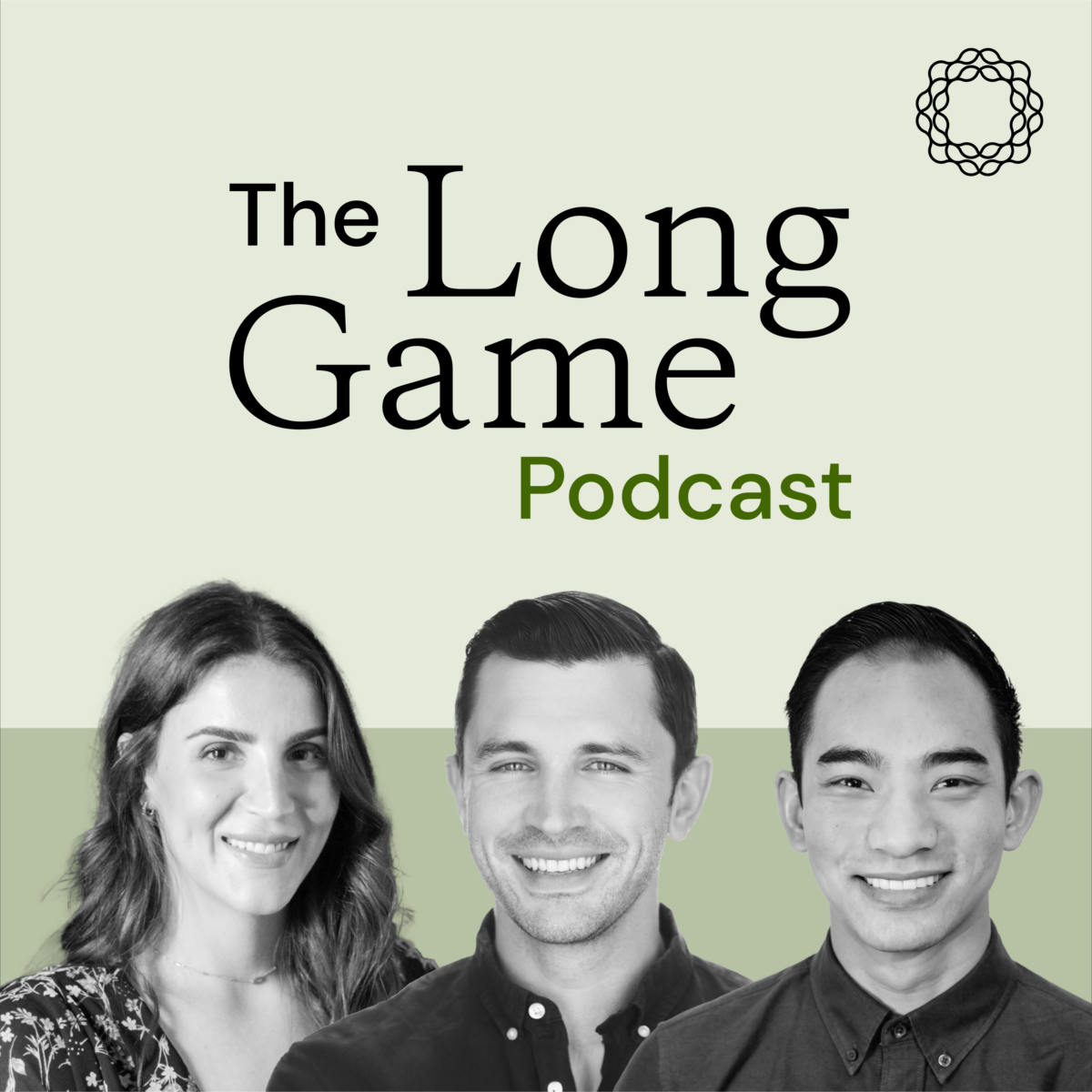
As marketers, it’s natural to want a shortcut to more traffic. And while glossaries offer that alluring promise, stay away from that siren’s song. There’s little upside in the long-run for your customers or your team.
In this episode of our Kitchen Side series, we rumble through pitfalls to avoid with glossaries and other tactics to try instead.
Topics
- What is a glossary?
- Why do you need a glossary?
- Should you make blog posts or glossaries?
- Make most of your glossary
- Are glossaries worth it?
- How to avoid cannibalizing content
Show Links
- Connect with Allie on Twitter or LinkedIn
- Connect with David on Twitter or LinkedIn
- Check out Omniscient Digital
What is Kitchen Side?
One big benefit of running an agency or working at one is you get to see the “kitchen side” of many different businesses; their revenue, their operations, their automations, and their culture.
You understand how things look from the inside and how that differs from the outside.
You understand how the sausage is made.
As an agency ourselves, we’re working both on growing our clients’ businesses as well as our own. This podcast is one project, but we also blog, make videos, do sales, and have quite a robust portfolio of automations and hacks to run our business.
We want to take you behind the curtain, to the kitchen side of our business, to witness our brainstorms, discussions, and internal dialogues behind the public works that we ship.
Listen to the podcast:
Watch a video clip:
Key Takeaways:
What is a glossary?
02:18
The purpose of the glossary is to rank in search for definitions and descriptions only.
“How I would define a glossary is a set of landing pages. That’s typically what I’ve seen. That, that factor could vary, but a set of pages that defines. Terminology relevant to the audience of the company. And the purpose of the glossary is to rank in search for definitions and descriptions only. The glossaries, I’ve seen the one at Shopify, pretty basic. 1, 2, 3 word phrases. Not typically long tail. And the paragraphs, maybe one or two paragraphs of definitions, tops.”
Why do you need a glossary?
04:38
There is a reason that definition pages exist and become popular.
“There’s a reason that they exist and that they became a thing. They’re easy to create. Whether they are landing pages or site pages or whatever the format is. Typically they’re easy to create in that the content is short and sweet and they’re pretty they’re able to be duplicated, I’m assuming someone behind the scenes is copy copy and then replacing all the text. That’s a pro, because typically you define it and that’s it. Theoretically it’s easy to rank for these definitions. You have a keyword and you’re defining it and then it pops up on Google. That’s definitely a pro, especially if you want to snag those featured snippets or people also ask snippets or, show up more on Google. That’s a pro.”
Should you make blog posts or glossaries?
06:22
If there is enough interest in a certain topic to warrant creating a glossary, then there is likely enough interest to write an entire blog post on the subject.
“One of the pros I read, I was deep into this Reddit hole. Someone said, glossaries are good for simple terms that wouldn’t make for a good blog post. And it caught me cuz I was let’s back up a second and what makes a good or a bad blog post? Because if you have a term that has enough volume to create a glossary for it, who’s saying it wouldn’t make a good blog post? Cause in my mind it’s it’s content and you might need to put some more effort into it. And 750 to 1500 words versus 30.But if you have a potent keyword, it could it could be a blog post. You have to give it some shape and narrative. That’s a hot take is I don’t think there’s any case that it, a glossary is a better choice than a blog post.”
Make most of your glossary
07:41
If someone is looking for a definition, they are likely at the top of the funnel or even pre-top of the funnel.
“And if someone is truly looking for a definition, you’d classify them as top of funnel or even pre top a funnel or whatever you’d say. You still wanna present the best chance of capturing their attention. You could still define a query in a blog post, but you could take it a couple steps further. And show your personality feature. Some experts showcase use cases, real customers example, the typical blog post breakdown. You still get that win of oh look, I came here for a definition and I found it, but oh, this is interesting. I never thought about this topic in this way, or I had no idea this company existed. And even though people look for definitions all the time, There’s definitely a potential to get capture their curiosity and take them further. If not presenting the best impression of your company or your publication. I don’t think glossaries are lazy. To me it’s if I do stumble on a glossary, I’m getting the definition and getting the heck out of there. I don’t care who it is.”
Are glossaries worth it?
09:02
Glossaries can negatively impact your other content by taking away from its quality or usefulness.
“Glossaries can cannibalize your other content. You create all these quick win pages and they fuck up the other efforts that you might have or your future team might have the era of content folks that come behind you are gonna have to deal with all this lazy stuff you created. The longevity glossies have no longevity. But at the end of the day they have little to no conversion potential. There’s no natural way to present. Your product much less second version asset of any sort, and if the intent is to answer a question or define a query, no one’s gonna be entrusted in some random oh, while you’re here, try my tool. That to me is not a natural transition.”
How to avoid cannibalizing content
20:16
Documentation and tracking are key for avoiding content cannibalization.
“What’s most important, first and foremost, is documentation and tracking. We’ve had conversations about trading your content a library. In that, you should track a lot of the elements of your content, what keywords you’re pursuing. In, in doing that, you won’t compete with yourself. You’ll keep track of what’s been published on the glossary and then you’ll know how to better leverage those posts. If you mention, I don’t know, dunno, partner. We saying partner management software, if you mention it, you can , you make a best practice to link to that glossary page and not to create a separate blog about that. Documentation is where a lot of people go wrong. But it can help avoid the cannibalization challenge when it comes to glossaries and then, even though we talked about how glossaries have little to no value besides making a definition. If you want your glossary to have a goal or a purpose, it’s good to set that up ahead of time. Maybe be better about tracking your keywords and your organic traffic from your glossary. Maybe if it’s an experiment, there needs to be something you’re trying to get. A lot of folks put it out into the world and here’s my definition. Maybe you’ll find it, maybe you won’t. Obviously any content needs to have goals and, we talk a lot about metrics and making sure all of our content can be tracked and its performance can be measured. You can do the same with glossaries.”



